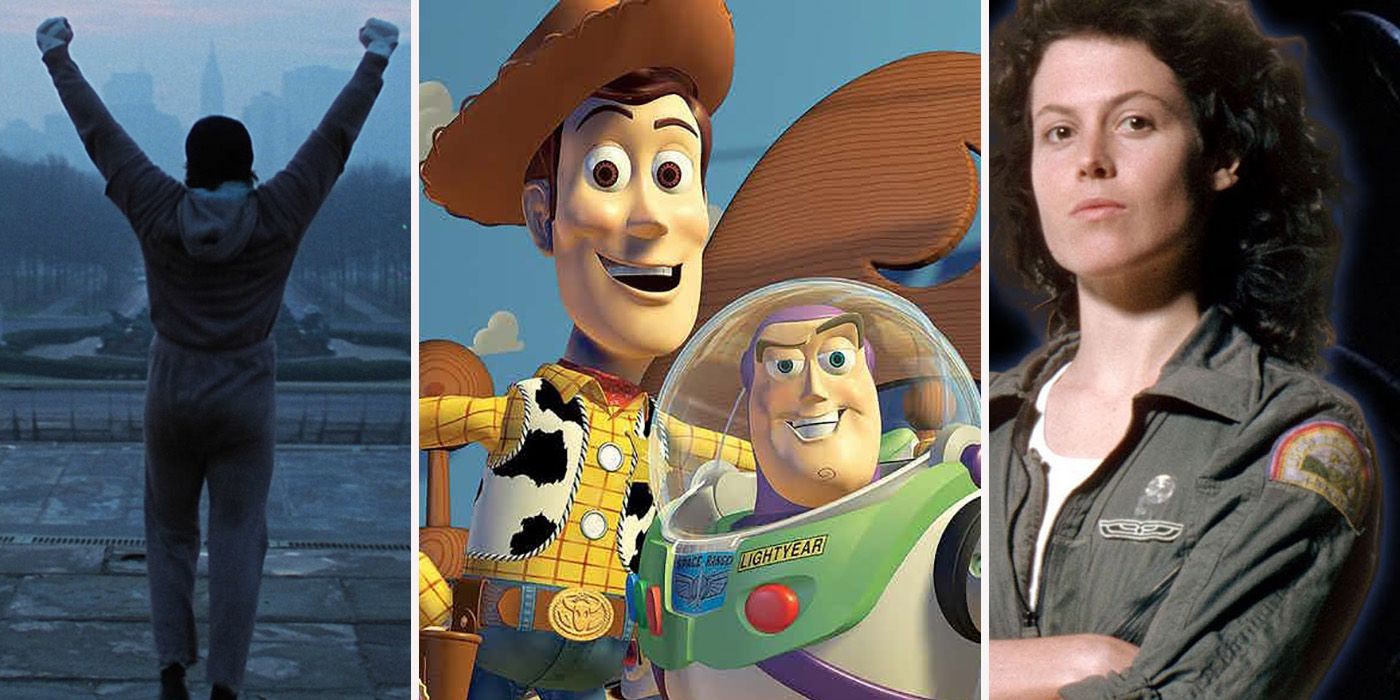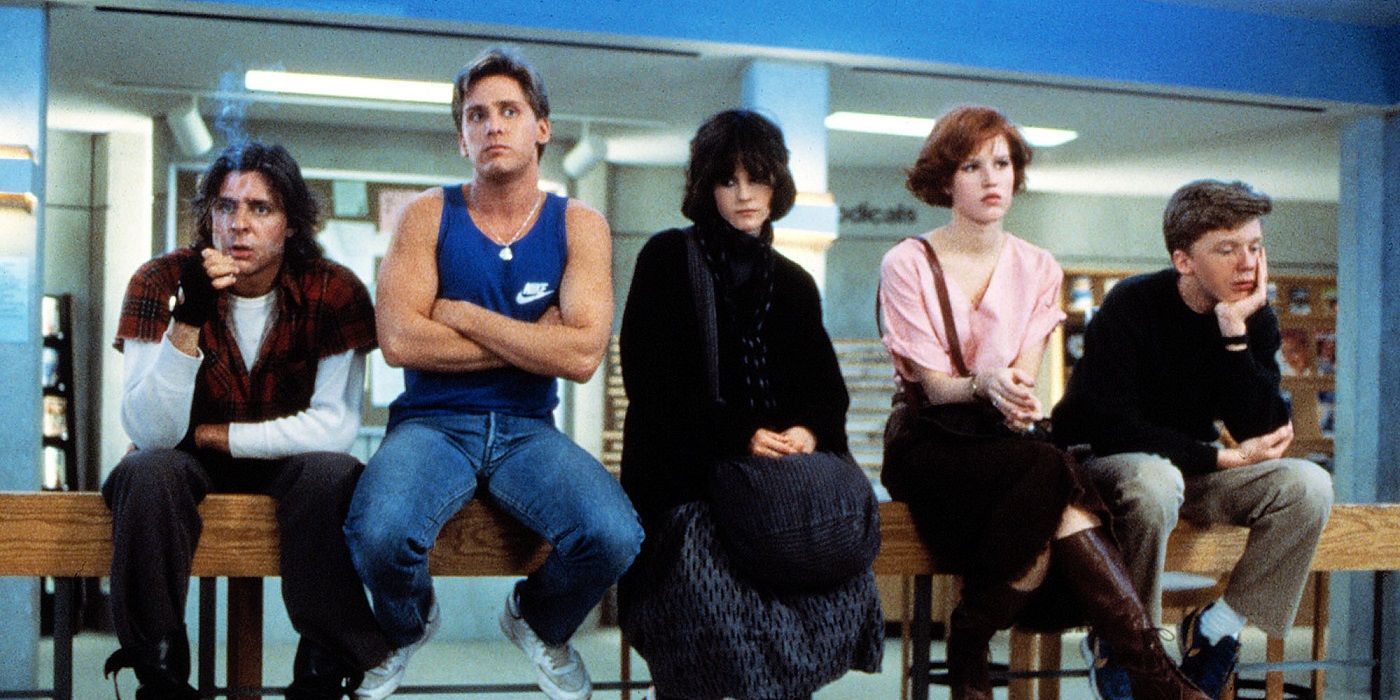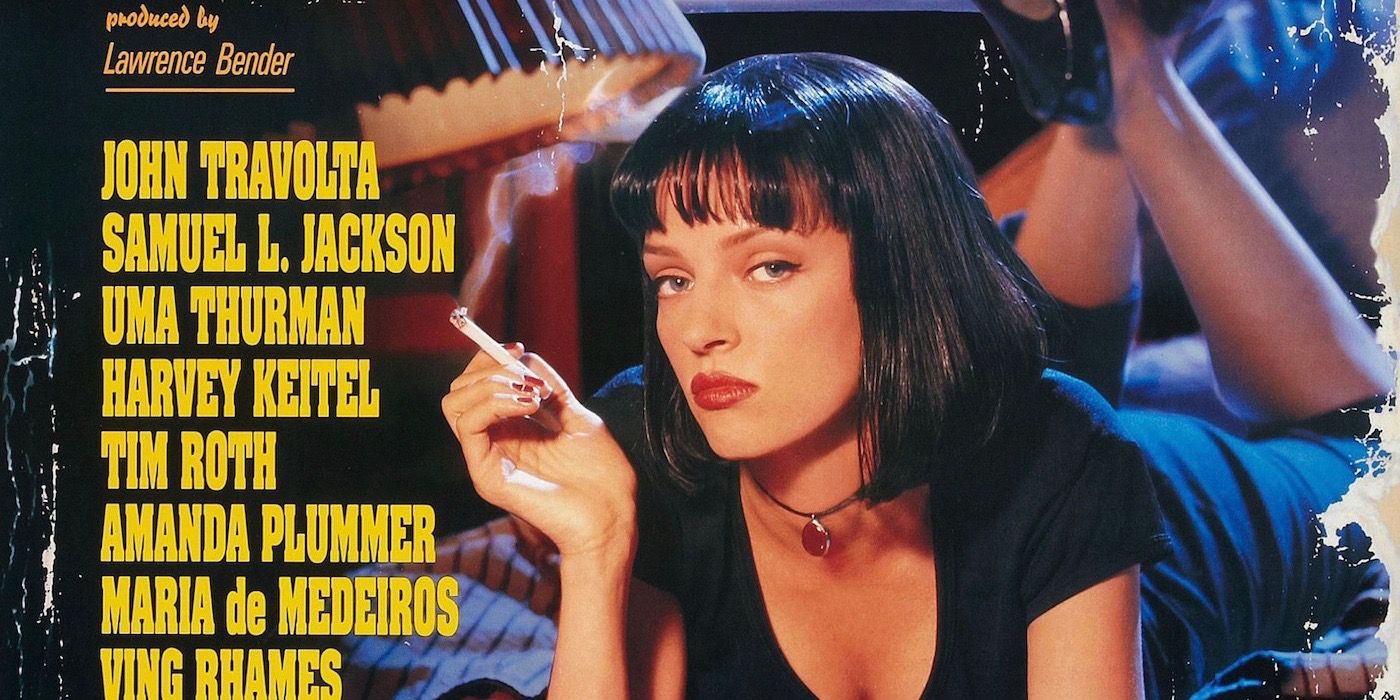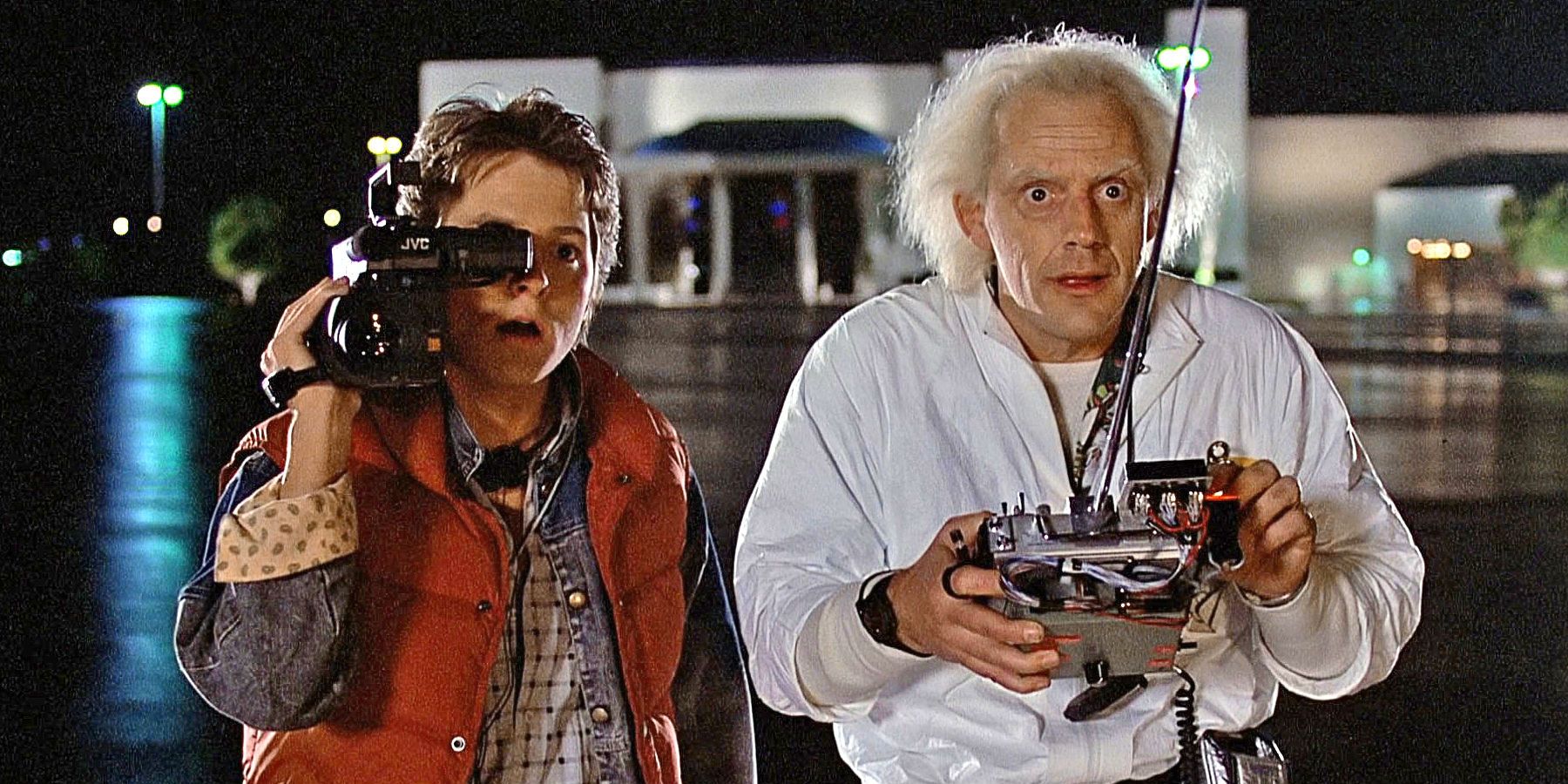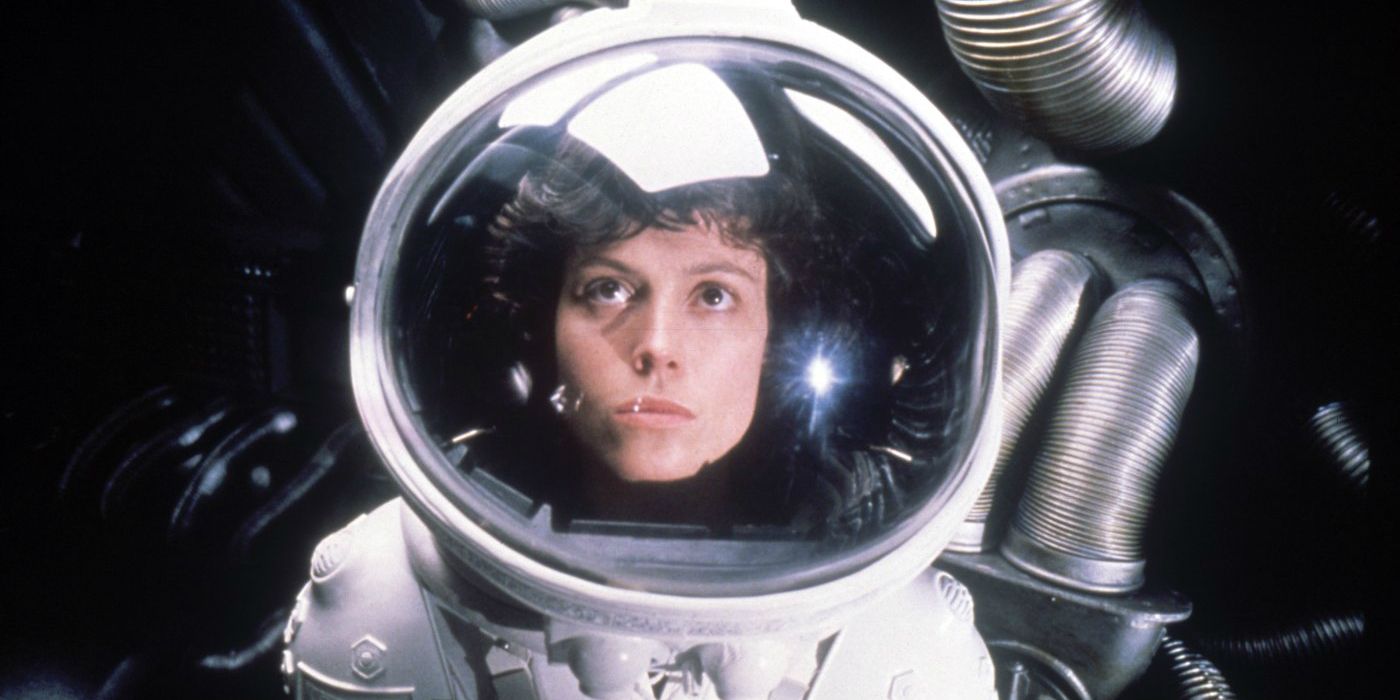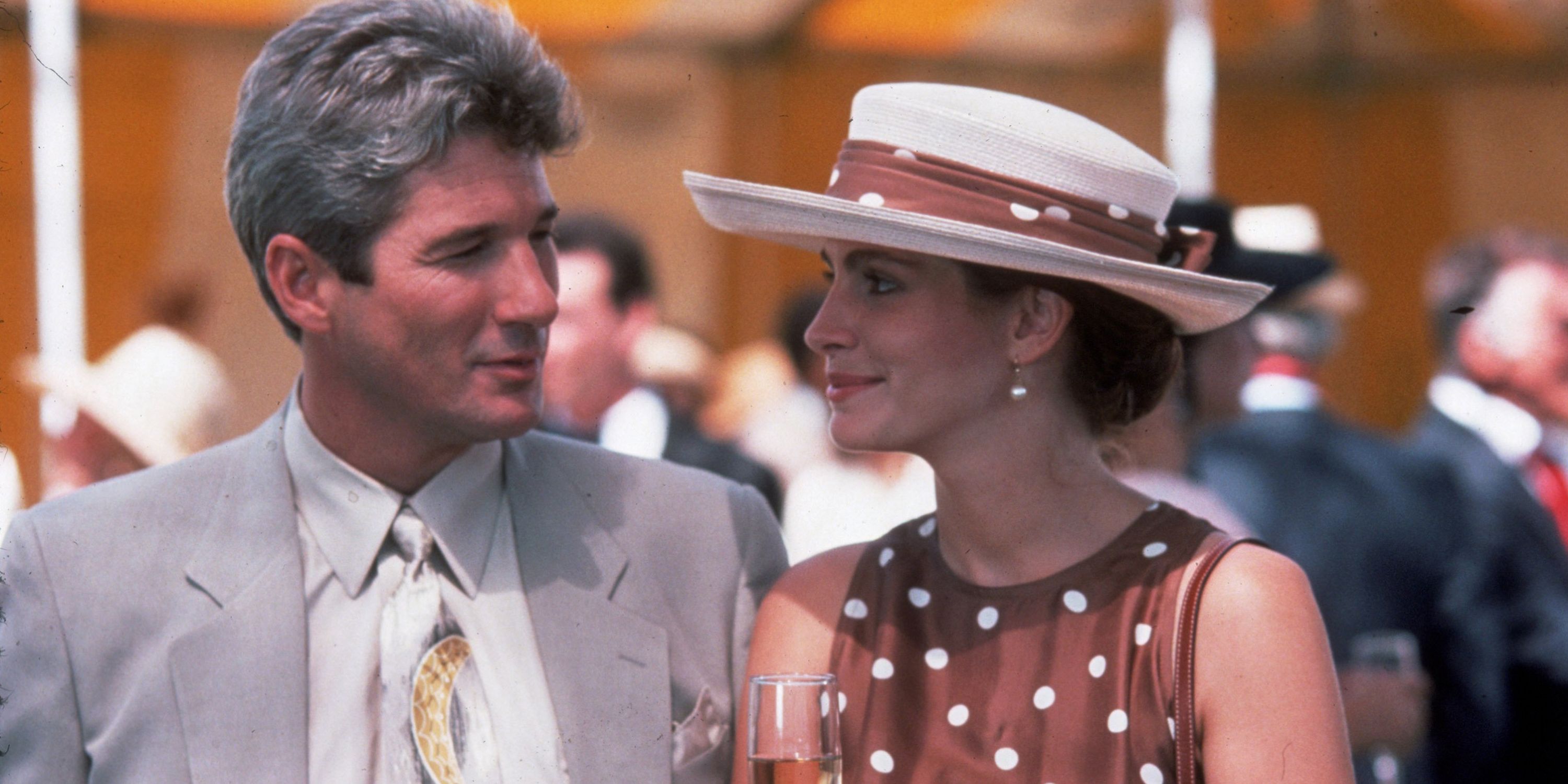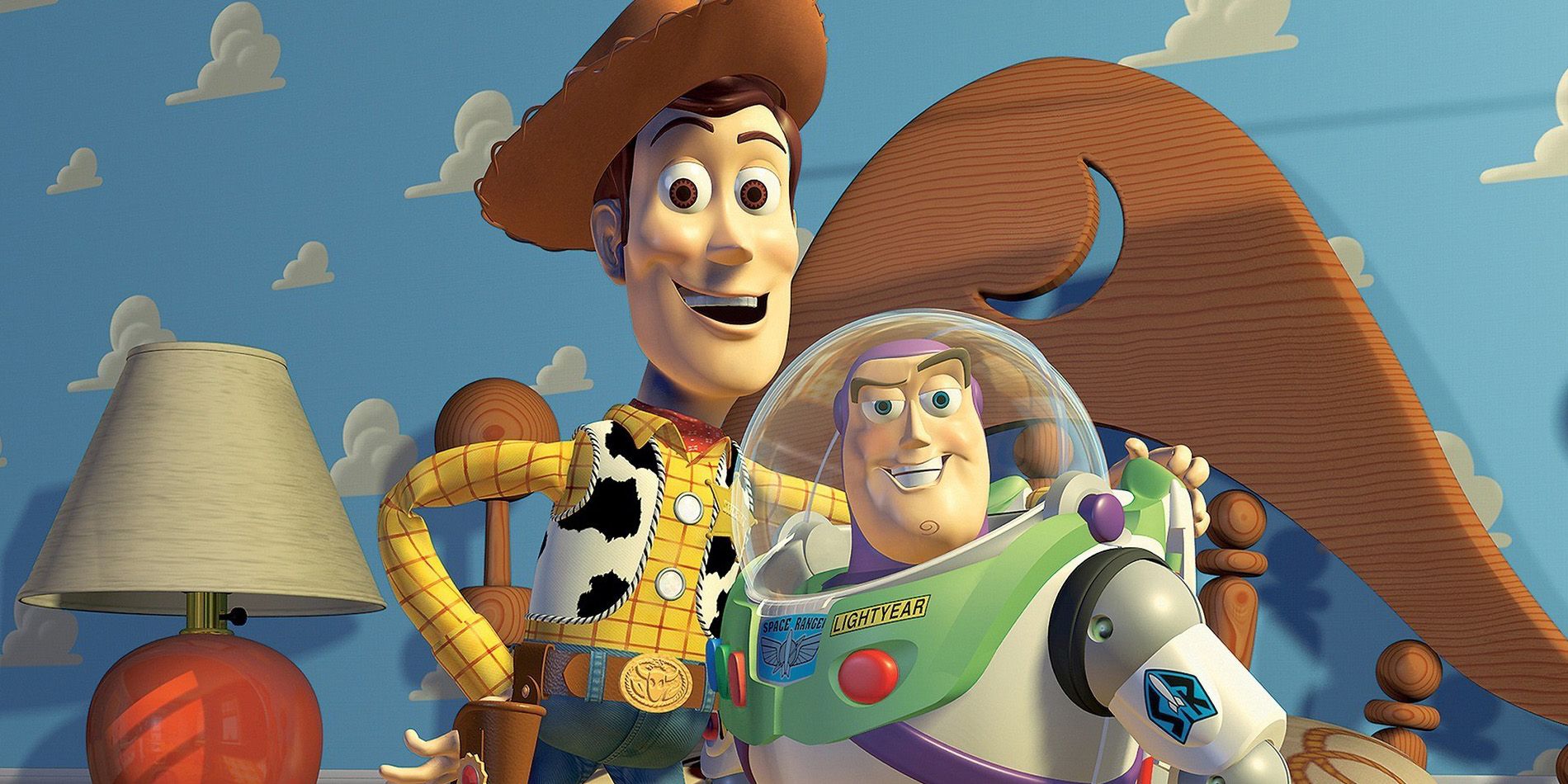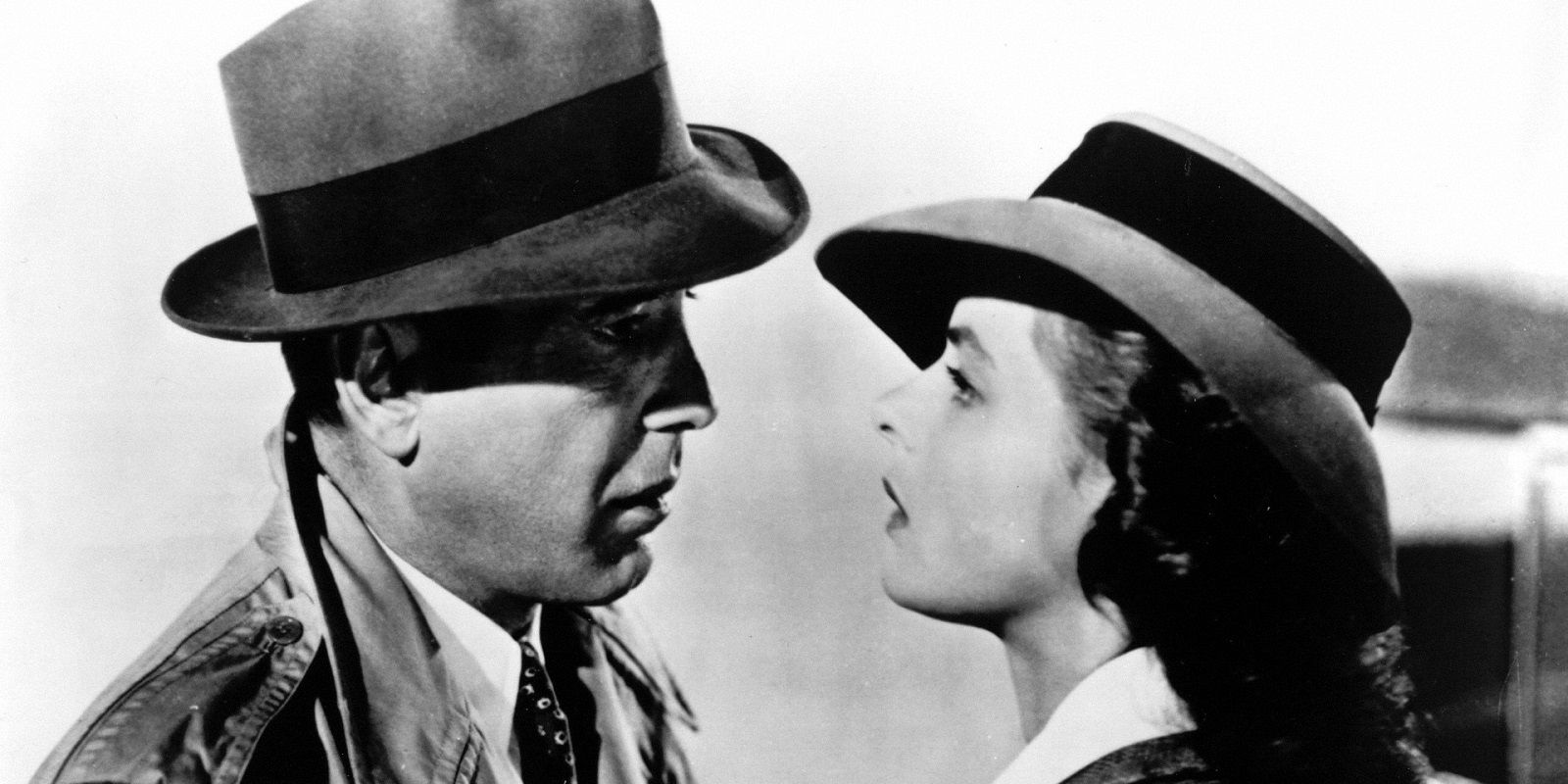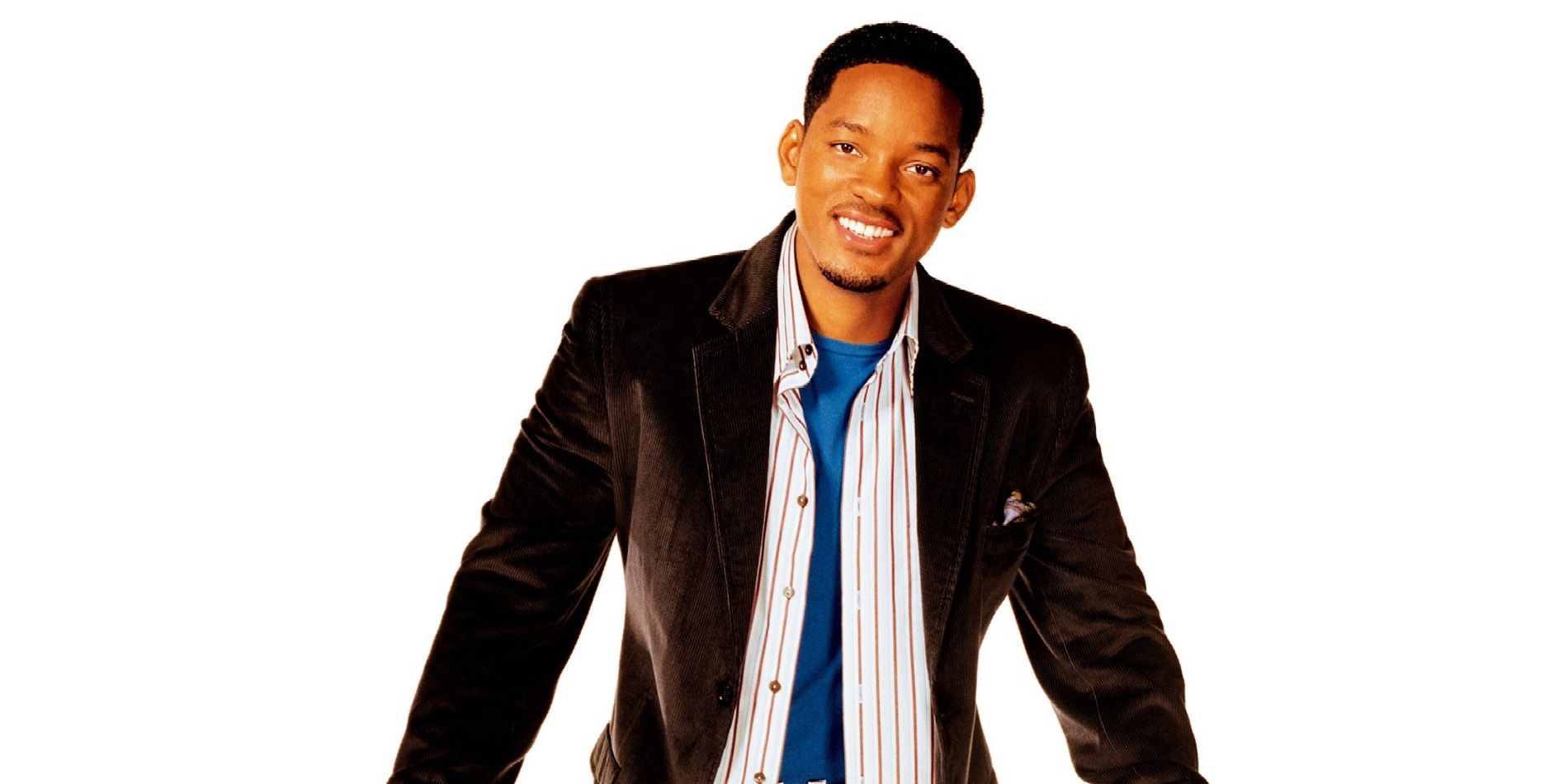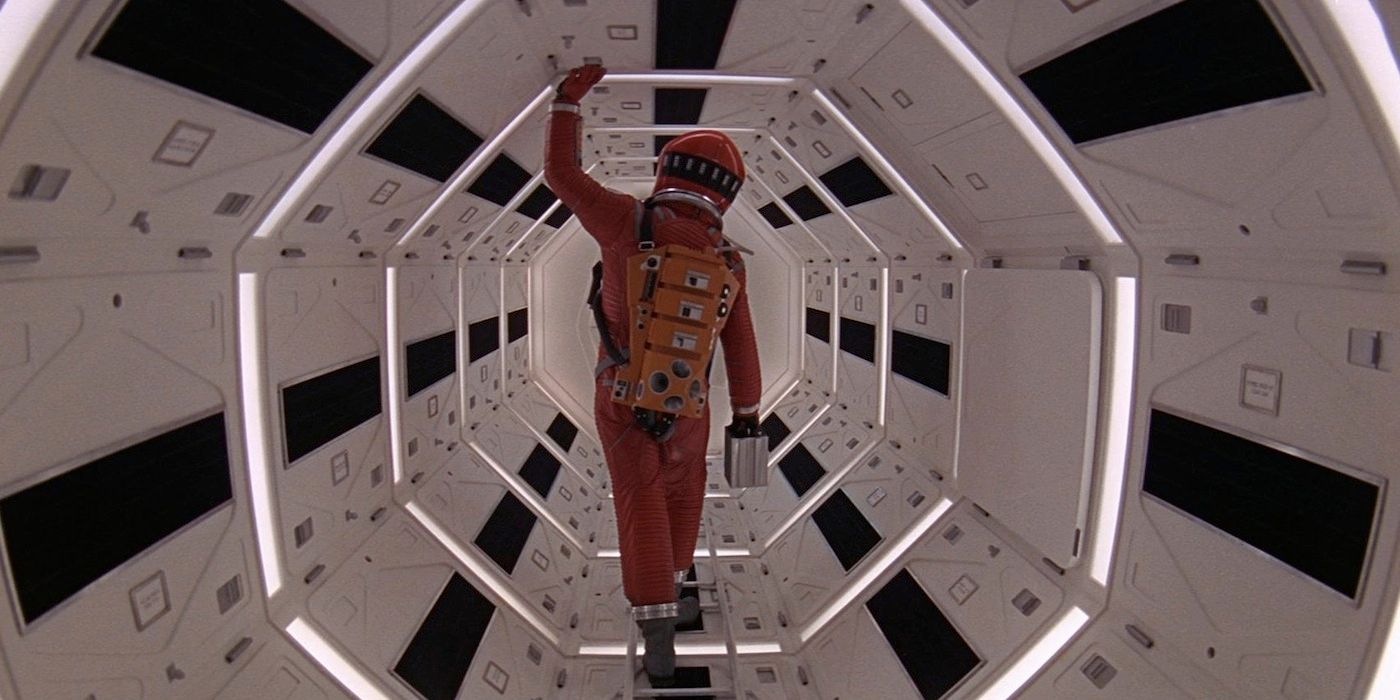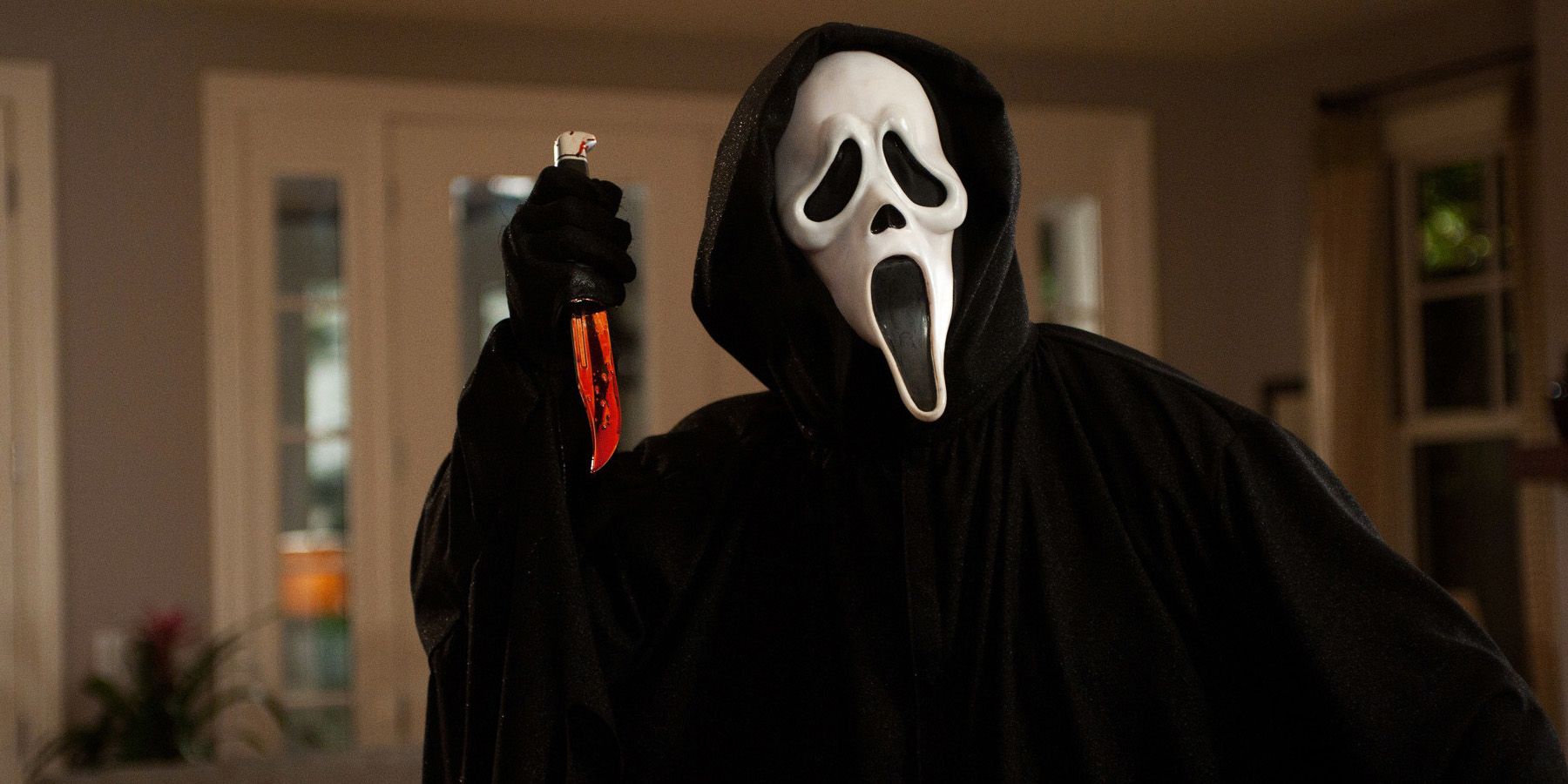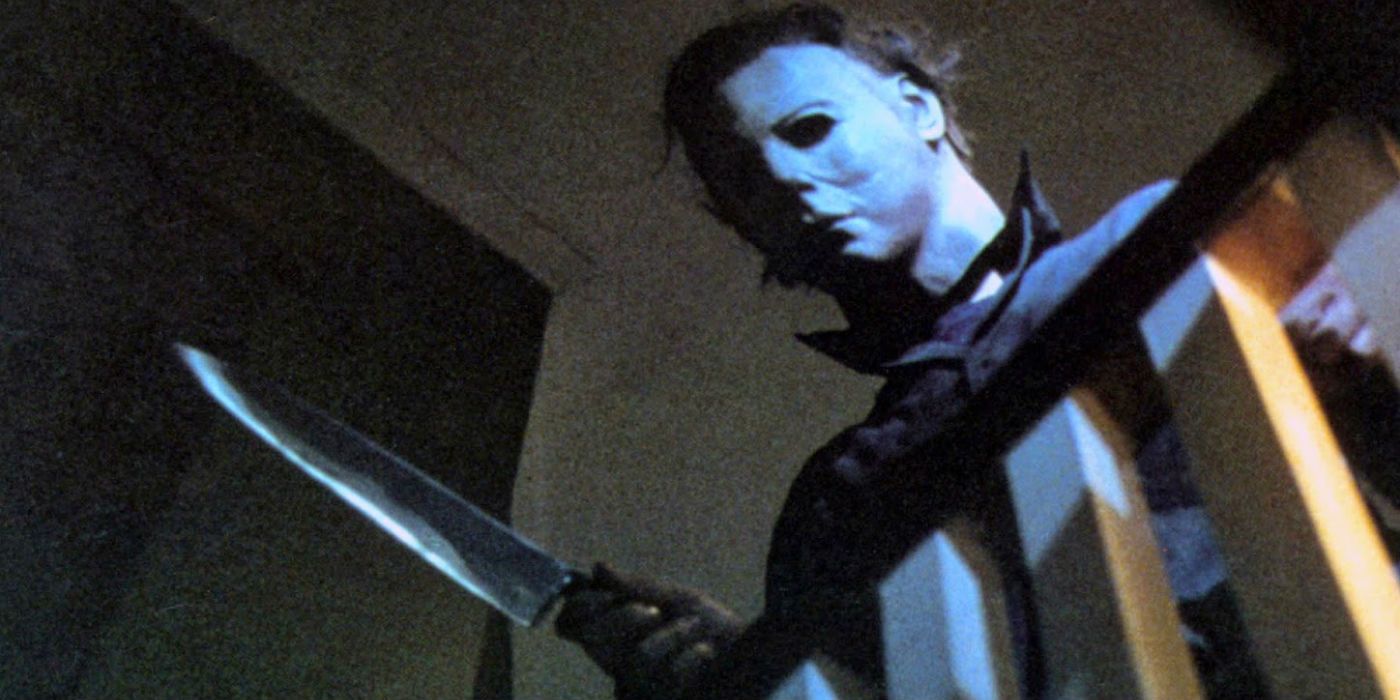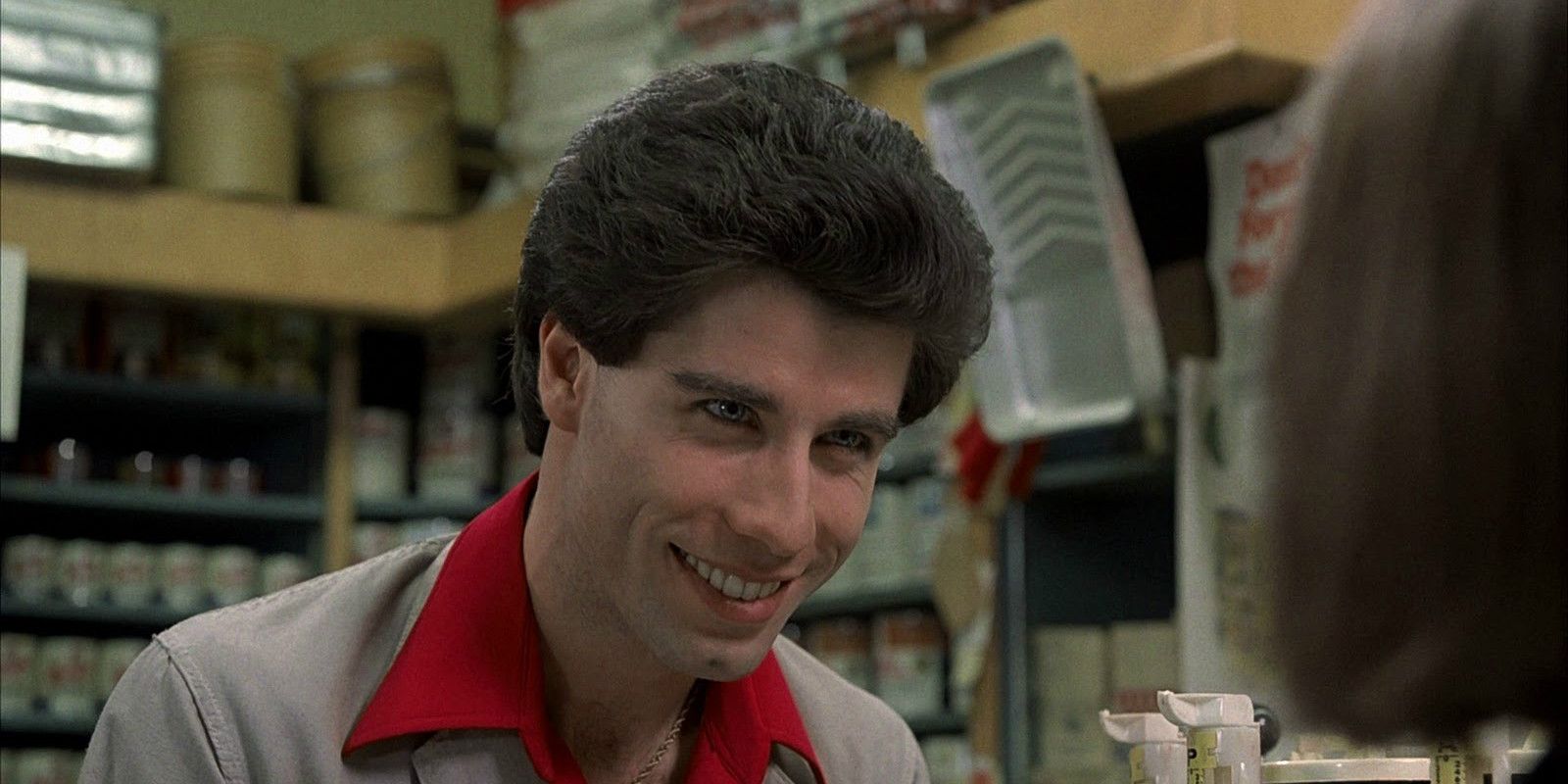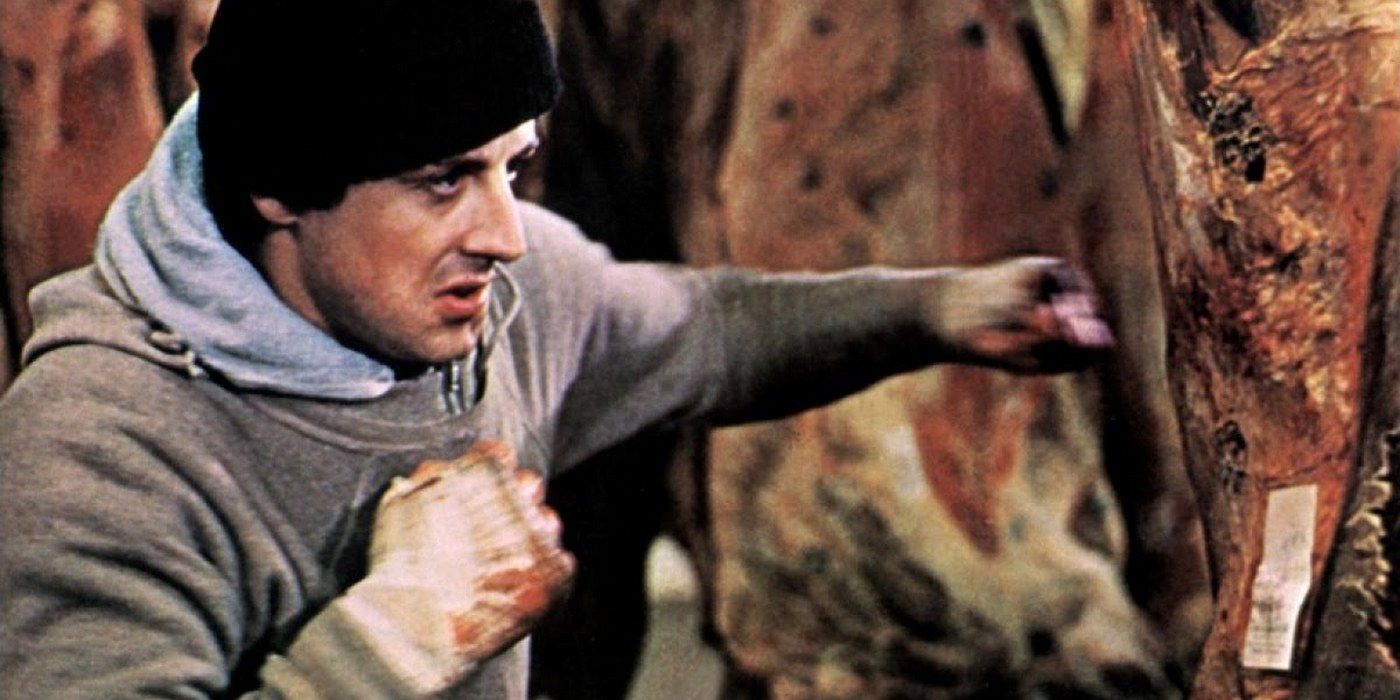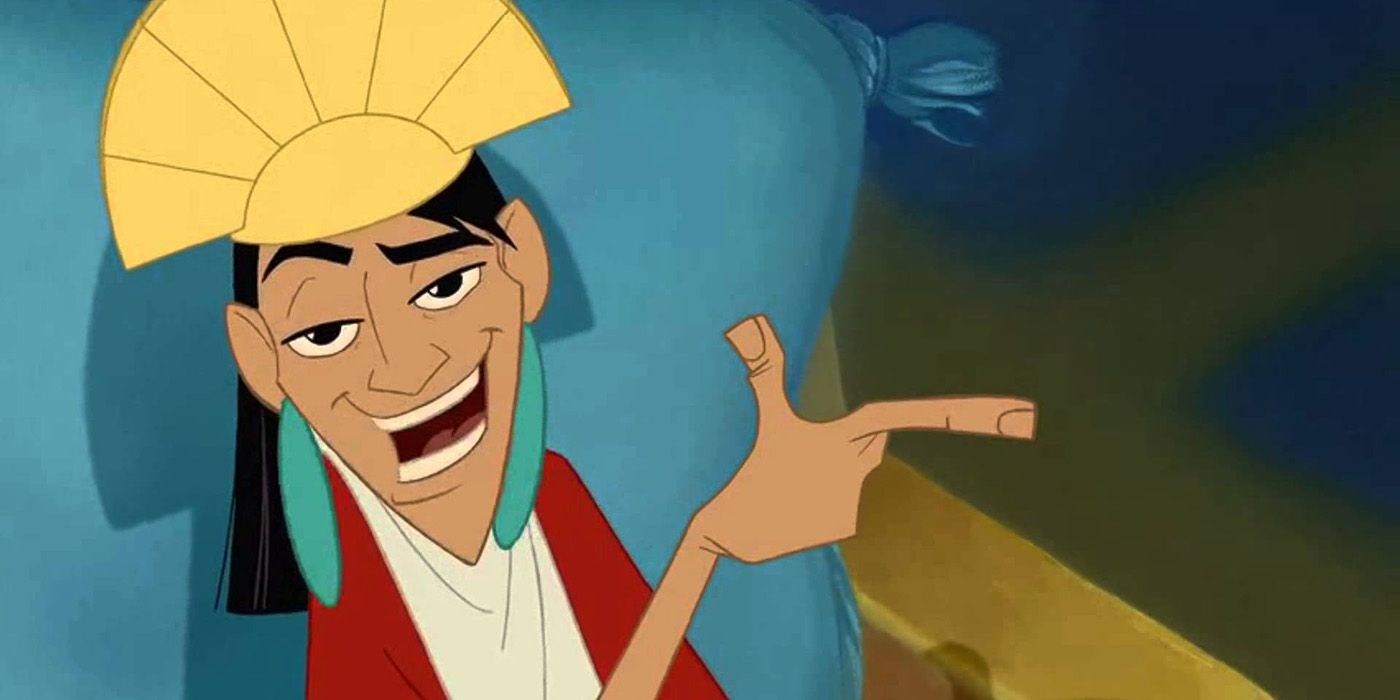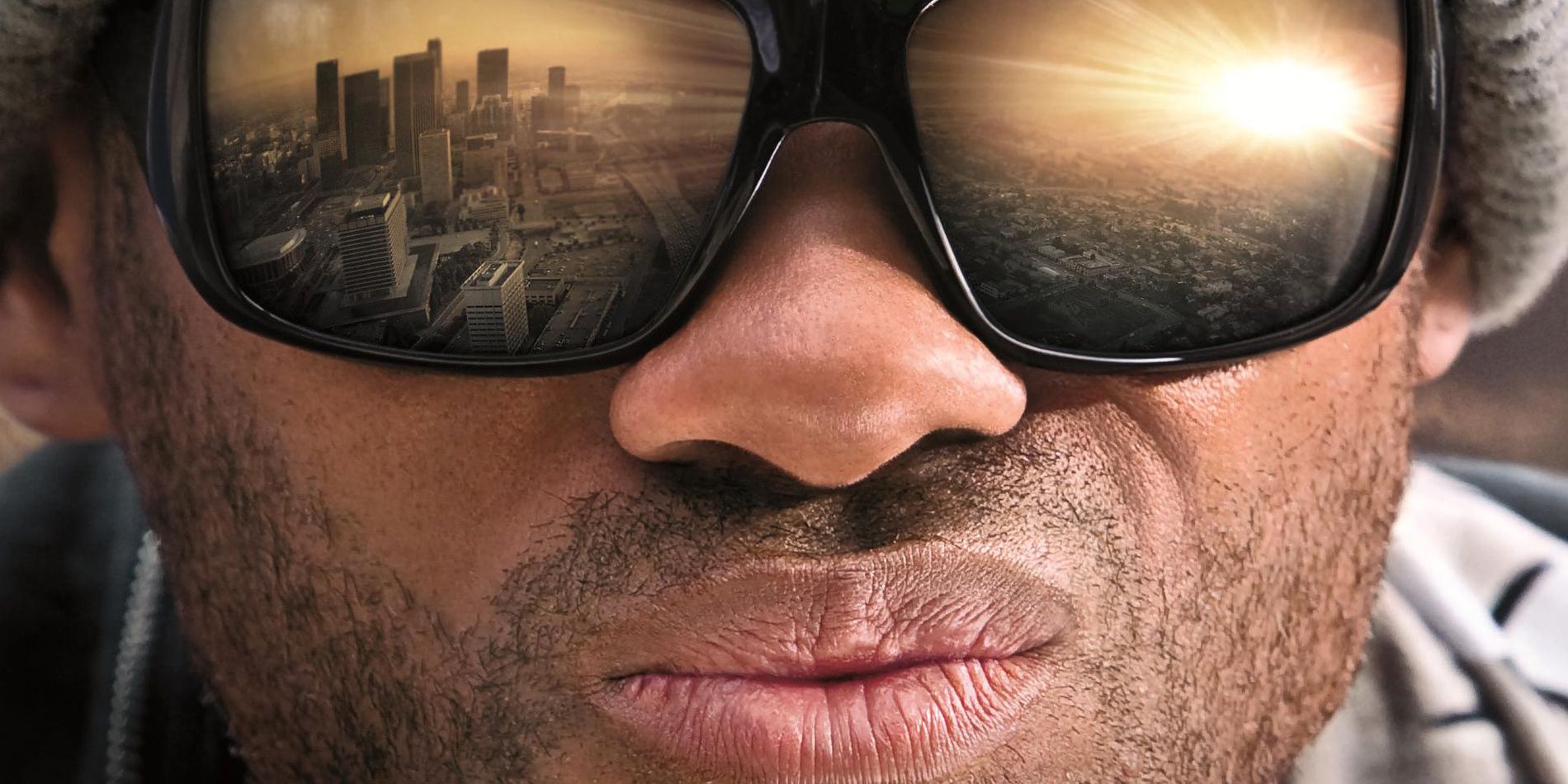Some of the most classic films in the history of cinema almost went by completely different titles, and for the most part, those changes actually came to the benefit of these iconic movies.
“Working titles” are names that films go by during their inception, and sometimes even during pre-production and production. As movies change in tone, structure, and plot, so do their titles-- in an effort to better market the cinematic features they have become.
Ideas for different titles can come from virtually anyone involved in a production – producers, directors, writers, actors, studio heads. While some ideas are certainly valid, most are either incredibly silly or suggest a movie that is very different from what we have come to know it. Thankfully, however, usually the best name wins, and there are only a few examples of films that had better titles but ended up being released with a worse one.
If the titles of some of your favorite movies seem obvious and like they have never changed, think again. You’re about to find out about some of the craziest title changes in the history of filmmaking.
Get ready to laugh at these 15 Famous Movies That Almost Had A Different Title!
15. THE BREAKFAST CLUB
Writer and director John Hughes gave The Breakfast Club its title because it was a cool-sounding nickname for morning detention made up by students from New Trier High School, an institution that a friend of John Hughes III’s – the director’s son – attended. But before that iconic title, the movie was known by two different names.
One was Library Revolution, which is a title that makes a lot of sense since the movie’s detention is held in the high school’s library. The other was The Lunch Bunch, which also makes sense since the characters eat lunch together, even if it sounds extremely cheesy.
Thankfully, John Hughes was apparently in tune with his son’s friend’s high school lingo, and we got the unforgettable title The Breakfast Club.
14. PULP FICTION
From 1920 to 1987, journalist H. L. Mencken and critic George Jean Nathan ran a pulp magazine called Black Mask, a publication that inspired the original title for what would become Quentin Tarantino’s Pulp Fiction.
While Tarantino credits the 1963 film Black Sabbath as the original inspiration for his movie’s storyline, the provisional title Black Mask was detrimental to the inception of Pulp Fiction, deriving from the idea that it was a cheaply made vehicle for very graphic stories about violence, sex, and perversion to be told. Pulp magazines peaked in the 1920s and 1930s, originating as many as 150 publications at one point in time.
Even though Black Mask is a solid title, it seems like Pulp Fiction ended up being a much more conceptual – and less referential – name for what would become one of Quentin Tarantino’s most defining films of all time.
13. BACK TO THE FUTURE
Back to the Future seems like a very straightforward title that perfectly summarizes its movie’s theme and story. But as the story goes, at one point, the movie was almost legitimately called Space Man From Pluto.
While the title Space Man From Pluto was just a suggestion from studio executive Sid Sheinberg, it was undoubtedly one that carried a lot of weight. Sheinberg is credited for having discovered Steven Spielberg – who was a producer on Back to the Future – and having been the President of Universal Studios during its releases of Jaws, E.T. the Extra-Terrestrial, Jurassic Park, and Schindler’s List. He was no stranger to successful filmmaking.
Fortunately, Steven Spielberg replied thanking Sid Sheinberg for his “joke,” saying the production team in Back to the Future had appreciated the laugh. Sheinberg, unquestionably embarrassed, never brought it up again.
12. ALIEN
Known for its powerfully succinct title, Alien almost went by the tacky title Star Beast, which resembles Star Wars but somehow manages to sound like a comedic parody instead of a dramatic space horror.
Writer Dan O’Bannon disliked the Star Beast title, thankfully, and changed it to Alien after the original draft of the script was written. The new title came from O’Bannon’s observation of how many times they had written “alien” in the script. He and Ronald Shusett, the film’s other writer, also liked the double meaning the title Alien carried since the word “alien” can be a noun or an adjective.
The title is so powerful that it literally informed the next three films of the franchise: Aliens, Alien 3, and Alien: Resurrection. The series strayed from its name in the 2012 prequel Prometheus, but came right back to it in the 2017 follow-up Alien: Covenant.
11. PRETTY WOMAN
Pretty Woman is a big example of a movie that was completely changed by its studio, going from a grim cautionary tale about social classes to the modern-day fairy tale that it eventually became. The original title for this film was $3,000, which is the amount sex worker Vivian would charge Edward for company.
Set in the 1980s and inspired by the social class mobility portrayed in the 1987 Wall Street film and the 1913 Pygmalion play, $3,000 was about drugs, sex, and wealth… Until Disney’s Buena Vista Pictures decided to make it less tragic and more humorous, turning this movie into the classic rom com we have come to know as Pretty Woman.
Pretty Woman inspired dozens of romantic comedies that followed, and it solidified the careers of actors Richard Gere and Julia Roberts once and for all.
10. TOY STORY
Yet another pretty straightforward title, Toy Story actually went through several different names before Disney and Pixar settled on the most classic and obvious choice.
In a flood of tweets from director Lee Unkrich in 2011, he revealed that the animated feature once considered titles such as Made In Taiwan, To Infinity And Beyond, The Cowboy & The Spaceman, The Favorite, Toyz In The Hood, and The New Toy – some of which sound so ridiculous that they almost seem like jokes.
After the success of Toy Story, Pixar and Disney liked the title so much that they almost called their second film – A Bug’s Life – something like A Bug Story. Thankfully, in both cases, the best name prevailed, branding these animated classics for generations to come.
9. CASABLANCA
It seems baffling that even a classic of plot and structure such as 1942’s Casablanca went through title changes, but it actually did. The Hal B. Wallis film was once named Everybody Comes To Rick’s, which is the title of the play that inspired the movie and a reference to Rick’s Café Américain, which is arguably the most important setting of the entire story.
According to the Round Up The Usual Suspects book about the making of Casablanca, the film was renamed in an effort to imitate the very successful 1938 film Algiers, which was also named after a city.
Even though Everybody Comes To Rick’s makes a lot of sense as far as the plot goes, it is inconceivable to think of Casablanca going by a different name, and it’s very fortunate that this change was made.
8. HITCH
Will Smith’s Hitch once had the working title The Last First Kiss, referencing a particular line in the movie where Hitch tells Albert to take a chance on Allegra.
Besides Hitch, 2001’s Ali and 2008’s Hancock are other examples of Will Smith vehicles in which he plays the title character, even if the film was technically more about Albert’s love journey than Hitch’s.
The name change was allegedly due to studio executives worrying that a title such as The Last First Kiss would be unwelcoming to male moviegoers, which were the main target audience for Hitch. This idea was reinforced in the movie’s trailers, in which Will Smith’s character was portrayed as a male-friendly matchmaker who knew everything there was to know about setting up his clients with beautiful women.
7. 2001: A SPACE ODYSSEY
2001: A Space Odyssey, Stanley Kubrick’s 1968 masterpiece, went by many names before it landed the epic title it deserved.
During the film’s inception, it was secretly known as How The Solar System Was Won, referencing the 1962 epic How The West Was Won. Later, it went by Journey Beyond The Stars, Planetfall, Universe, and Tunnel To The Stars.
After months of working in the movie’s actual production, Stanley Kubrick became inspired by Homer’s Odyssey poem – appropriately comparing the solitude of men on the sea to the one of men in space – and decided to title his film 2001: A Space Odyssey.
The title was also applied to the novel written by Arthur C. Clarke that served as a companion piece to Kubrick’s feature and became part of an entire series of books called Space Odyssey.
6. SCREAM
If Wes Craven’s 1996 Scream film seems to have a pretty simple title already, imagine if it had gone by its original title: Scary Movie.
Yes, the title of the Scream parody known as Scary Movie is an actual reference to the original name for the Wes Craven horror masterpiece. Just before the movie wrapped up shooting, it was thankfully retitled to a name that sounded less silly and meta.
Scream was followed up with three sequels and an MTV television series that began in 2015. Ironically, Scary Movie went on to produce four sequels, surpassing the livelihood of the original franchise in the movie business.
It’s hard to image that Scream would’ve been taken seriously with a title such as Scary Movie, so this was a happy outcome for Wes Craven’s career and the horror genre of films in general.
5. HALLOWEEN
1978’s Halloween, very much like Scream, almost went by a laughably obvious and self-explanatory title: The Babysitter Murders.
While Babysitter Murders does describe the plot of Halloween, it just doesn’t carry the same scariness and thrill to it. Directed by John Carpenter, who also co-wrote with Debra Hill, the film was always supposed to be about stalking babysitters, but as the writing advanced and the team decided to date the story on Halloween night, it became obvious that a better title could come out of it.
Producer Irwin Yablans was trying to reach The Exorcist’s impact with Halloween, but only provided the film with $300,000 for a budget. Thankfully, Carpenter and Hill’s writing was strong, Michael Myers was terrifying, and The Babysitter Murders title was dropped.
4. SATURDAY NIGHT FEVER
The movie that defined John Travolta’s career, Saturday Night Fever is hailed as one of the best movies from the 1970s and opened the doors for yet another hit musical: Grease.
The 1976 article "Tribal Rites of the New Saturday Night", published in New York Magazine by Nik Cohn, was the source of inspiration for Saturday Night Fever, and informed the title of this movie for a very long time.
As the story goes, the Bee Gees, who were responsible for the film’s soundtrack, felt like it was really hard to write music inspired by such a clunky title like Tribal Rites of the New Saturday Night. So the movie’s team decided to rename it to Saturday Night Fever, which better expressed the themes and tone of the story they were trying to tell.
3. ROCKY
The working title for Rocky, the movie that propelled Sylvester Stallone’s career to new heights, was something as vague as The Contender.
Even though the film is about the local southpaw Rocky Balboa being chosen as a contender to face the world champion boxer Apollo Creed, producers felt like there was no emotional weight to a title such as The Contender, which did not reflect Stallone’s passionate and endearing performance as Rocky.
Rocky was followed up with Rocky II, III, IV, V, Rocky Balboa, and 2015’s Creed – where Rocky’s character came full circle as he trained the son of his former rival. The franchise is known for being less about boxing and more about the emotions that surround the sport, so it’s fitting that the titles reflect more on their protagonists and less on their roles as athletes.
2. THE EMPEROR’S NEW GROOVE
After an investment of $30 million dollars and having an almost complete animated musical in their hands, Disney scrapped Kingdom of the Sun completely, brought in new actors, and focused on the comedic elements of what became The Emperor’s New Groove.
It was the classic example of “too much plot.” The movie had a love story, more body switches, and a ton of songs written and produced by Sting and David Hartley. Citing other major cuts in Snow White and Beauty and the Beast, the production team decided to trim plot points that weren’t working and focus on the comedy that felt like the highlight of Kingdom of the Sun.
After The Emperor’s New Groove, director Mark Dindal went on to work on Chicken Little and screenwriter David Reynolds went on to co-write Finding Nemo.
1. HANCOCK
Tonight, He Comes was a script written in 1996 by Vincent Ngo about a dark, troubled, suicidal, and alcoholic superhero who seemed like the total opposite of Superman. It was similar to the tone in Leaving Las Vegas and circled around Hollywood for ten years until it saw substantial progress.
But by the time that actor Will Smith, director Jonathan Mostow, and writer Vince Gilligan (yes, the creator of Breaking Bad and Better Call Saul) came on board, the film became something completely different – Hancock –, making it the second time that a movie changed its title to reflect on a protagonist played by Will Smith.
Much of the parallels Vincent Ngo drew between Superman and Hancock were lost, but at least his script was made into a movie after years of “development hell.”
---
Were you surprised by these titles changes? Did you think that any of them were actually better than the names these films became known by? Let us know in the comments below!

